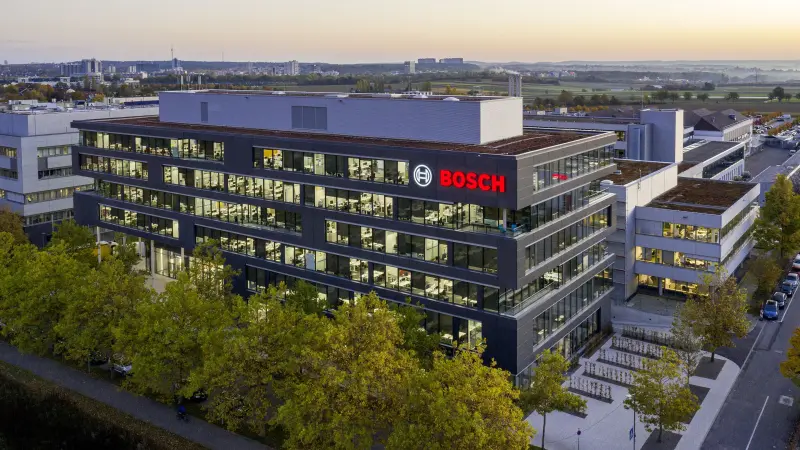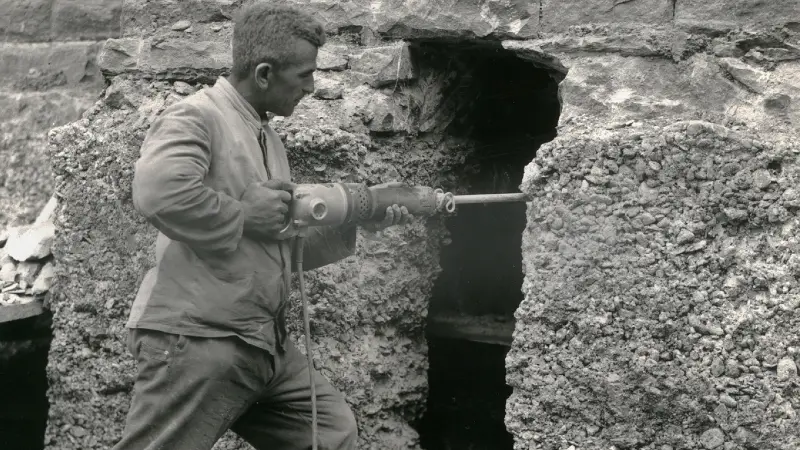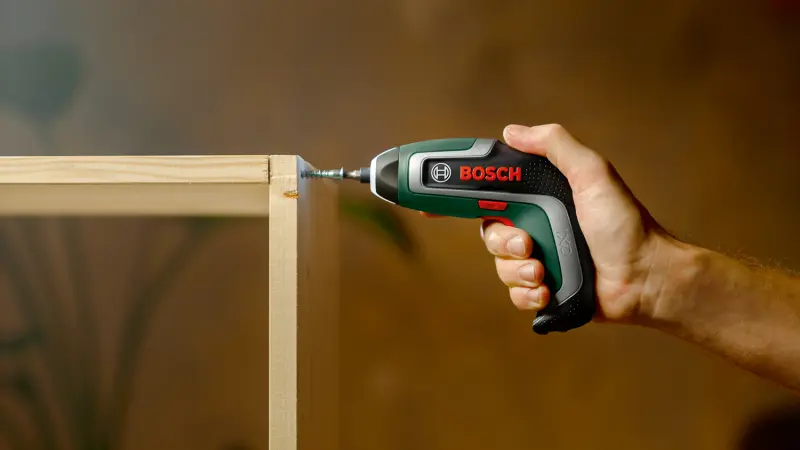Product design and materials
We continuously work on our product design and use life cycle analyses to examine how our products can be made more sustainable along the entire value chain. The largest share of CO₂ comes from the materials used. We therefore use a high proportion of recycled materials wherever possible. This applies not only to our products, but also to our packaging.
Eco design
We focus on circular economy and eco design in order to prepare the development of sustainable products in the best possible way from the outset through material selection and ecological design principles. The various design principles focusing on reducing, repairing, reusing and recycling are applied in product development. The aim is to extend product life and use fewer resources in the product life cycle.
The design principle of reduce is our top priority. Whenever possible, we reduce unnecessary components - for example in packaging. The number of material types used is also analyzed in order to optimize the recycling process, e.g. of plastics at the end of their life. A key step towards extending product life at Bosch Power Tools is to design products to be as repairable as possible and to offer spare parts over a long period of time.
What is a life cycle analysis?

A life cycle assessment is a fact-based method that determines the environmental impact of a product throughout its entire life cycle. It begins with the extraction of raw materials, continues with the production of individual components and finally the end product, its actual use and ends with disposal.
During the analysis the environmental influences are calculated in different impact categories, including the global warming potential, better known as CO₂. Our goal is to find out where the most intensive CO₂ drivers are for our various product families.
For this purpose, our power tools are manually disassembled into their individual components and materials and examined in detail to determine the product's carbon footprint. Transport routes and energy and material consumption are considered here together with service repairs and also the recycling of the product at the end. In this way, CO₂ hotspots can be specifically addressed in order to improve future product generations. Typically, around 70 percent of the footprint of our products can be traced back to the material.

Plastics

Plastics play an important role in reducing our ecological footprint, as they are an elementary component in almost all of our products and cases. These have a significant impact on our CO₂ footprint. Our aim is to reduce the amount of unnecessary plastics and, where we need plastics, to make greater use of recycled materials. In almost all our products, we use thermoplastics and thermoplastic elastomers, which, unlike other plastics, can be recycled.
Paper
Maintaining a responsible relationship with our forests is a topic close to our hearts. That is the reason why we are committed to use high shares of recycled paper fibers in our packaging and instruction manuals.
But that's not all: Since the end of 2023, the paper-based abrasives from Bosch Power Tools in Europe, USA, Canada and Mexico are FSC®-certified with the FSC™ Mix label. This relates to all paper-based abrasives manufactured after 09/2021, with the exception of the C410, C420, C422, C423 lines, which are not currently certified. FSC®-certification serves as a guarantee that the paper used in the manufacture of our abrasive papers is made of material from well-managed, FSC®-certified forests and other controlled sources. In this way, we are also reinforcing the sense of responsibility throughout our supply chain.

Important milestones
Through various projects, we have taken key steps along the way across all our product areas, such as cutting down on virgin plastic, increasing the proportion of recycled material used in our products, switching to cardboard packaging, and eliminating unnecessary components like single-use polybags. What started as a pilot project in Home & Garden is now growing across all our business units.
Virgin plastic
Since 2024, we have been saving more than 4,050 tons of virgin plastic per year – roughly equivalent to the empty weight of more than 1,000 40-foot sea freight containers. In the years 2018 to 2024, we were already able to avoid a total of over 15,300 tons of virgin plastic.
Polybags
We have been using fewer polybags in our packaging since 2020. If we were to lay all the bags we previously used to pack items such as batteries on top of each other, the stack would reach more than twice as high as the Eiffel Tower.
Filling material
In addition, we are also reducing the materials used as fillers in transportation. This alone enabled us to save around 110 tons of plastic every year since 2023.









